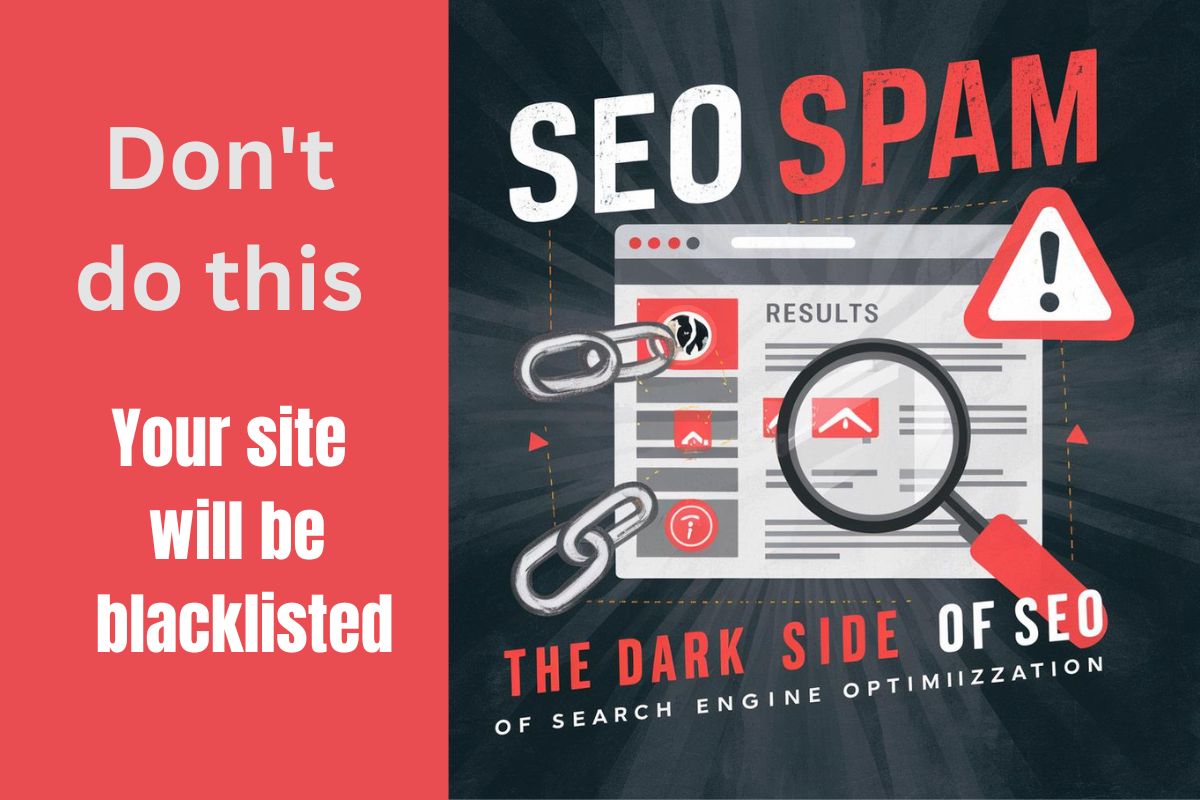SEO Spam: The Dark Side of Search Engine Optimization
In the digital age, visibility on search engines is paramount for businesses and websites seeking to attract traffic. However, alongside legitimate search engine optimization (SEO) practices, a darker side known as SEO spam has emerged. This tactic involves unethical methods to manipulate search engine rankings, often causing harm to both users and search engines.
What is SEO Spam?
SEO spam, also known as search spam or spamdexing, refers to deceptive practices aimed at tricking search engines into ranking a website higher than it deserves. These tactics violate search engine guidelines and can lead to penalties or bans.
Common Types of SEO Spam
- Keyword Stuffing: This involves overloading a webpage with keywords to manipulate its relevance to search queries. For example, a website selling shoes might repeatedly use phrases like “buy shoes,” “cheap shoes,” and “best shoes” unnaturally within content.
- Cloaking: This technique shows different content to search engines and users. A webpage might present valuable content to search engines while displaying unrelated or low-quality content to visitors.
- Link Farms: These are groups of websites that link to each other to artificially inflate their link popularity. Search engines rank pages higher with more inbound links, but link farms provide low-quality, irrelevant links.
- Hidden Text and Links: Spammers might hide keywords by making them the same color as the background or positioning them off-screen, invisible to users but readable by search engines.
- Comment Spam: Automated bots post irrelevant comments with links on blogs or forums to create backlinks. These links often lead to unrelated or malicious sites.
The Impact of SEO Spam
SEO spam harms the integrity of search results, leading users to irrelevant or malicious sites. It can also damage the reputation and trustworthiness of legitimate websites inadvertently linked to spammy content. For businesses, the consequences include search engine penalties, reduced traffic, and potential loss of customer trust.
Combating SEO Spam
Search engines continuously update algorithms to detect and penalize SEO spam. Website owners should adhere to best practices, focusing on high-quality, relevant content and ethical SEO techniques. Tools like Google Search Console help identify and rectify spam issues.
Conclusion
SEO spam undermines the user experience and the credibility of search engines. By understanding and avoiding these unethical practices, website owners can contribute to a healthier digital ecosystem, ensuring users find genuine, valuable content through their searches.
Contact us today for expert support and ensure your site runs smoothly!


